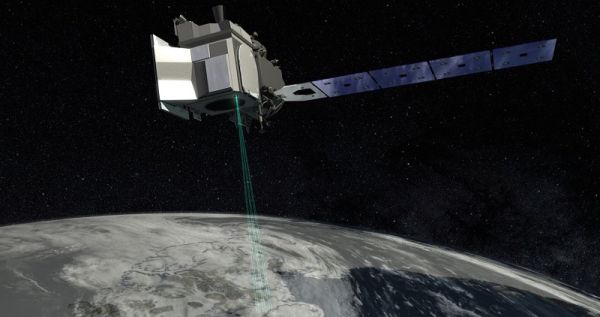
Antarctica’s glacial border migrates for miles with the tide
New measurements of how boundary between onshore glacier and floating ice shelf glides back-and- forth could help predict melting.

New measurements of how boundary between onshore glacier and floating ice shelf glides back-and- forth could help predict melting.
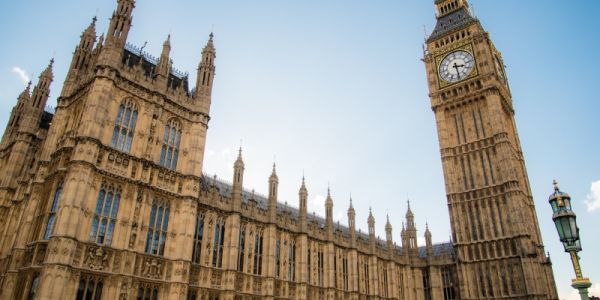
Research co-authored by a University of Leeds academic into the inequalities in access to life saving community defibrillators was used in parliament during the first reading of a Bill.
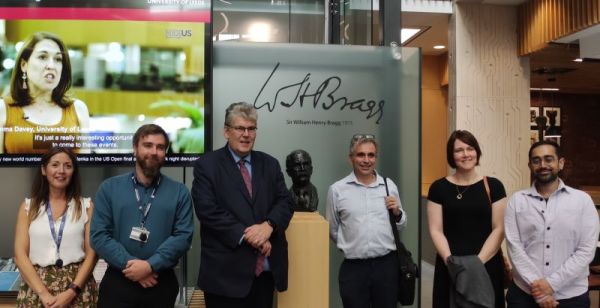
The Chief Scientific Adviser for Energy Security and Net Zero (DESNZ) has visited the University of Leeds to meet researchers at the forefront of tackling climate change.

Patients living with one of the UK’s most common heart rhythm conditions are 50% less likely to die from a heart attack or stroke than they were at the start of the millennium, new research has found.
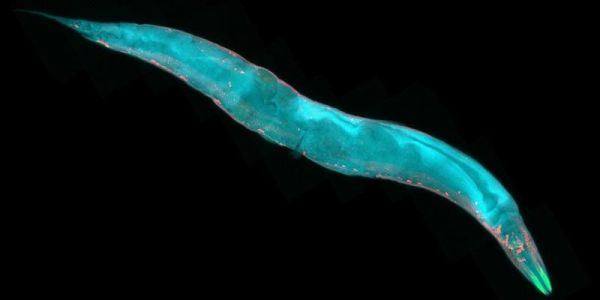
The University of Leeds has collaborated with a leading American institution on research that helps to crack the code that relates brain and behaviour.
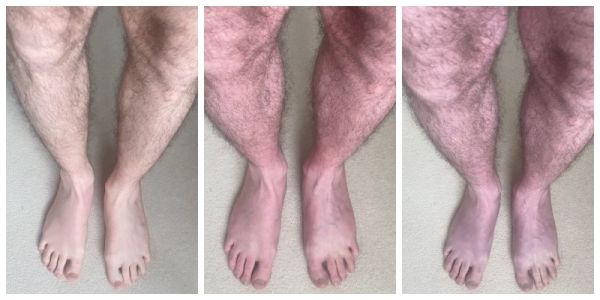
An unusual case of a Long Covid patient’s legs turning blue after 10 minutes of standing highlights the need for greater awareness of this symptom among people with the condition, new research shows.
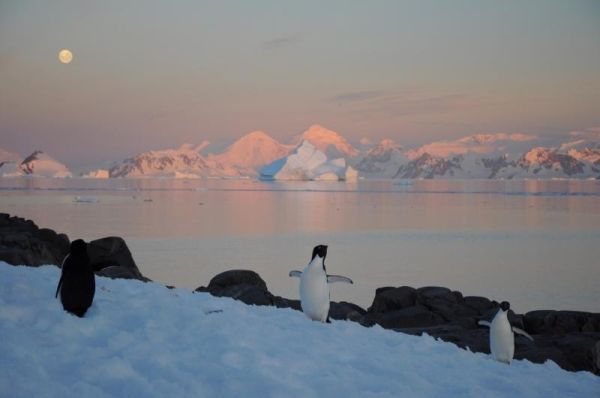
With world attention on recent wildfires and floods in North America, Europe and China, people should not overlook the devastating impact of climate change in Antarctica, scientists have warned.
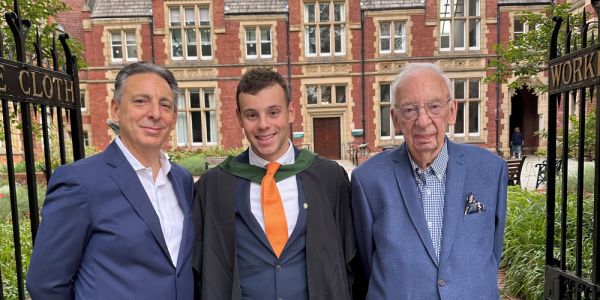
For the Walsh family, Leeds will forever hold a place in their hearts. This summer they celebrated four generations of the family graduating from the University.
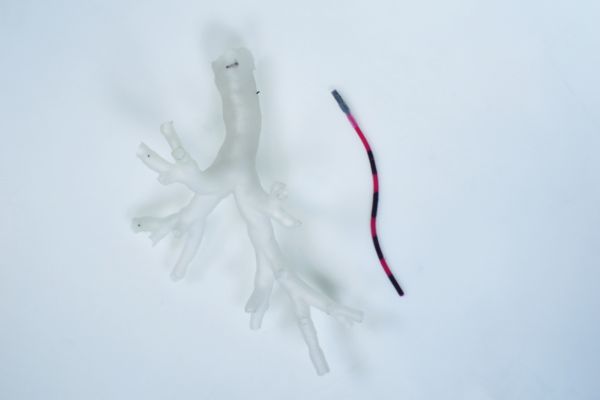
A tiny robot which can travel deep into the lungs to detect and treat the first signs of cancer has been developed by researchers at the University of Leeds.
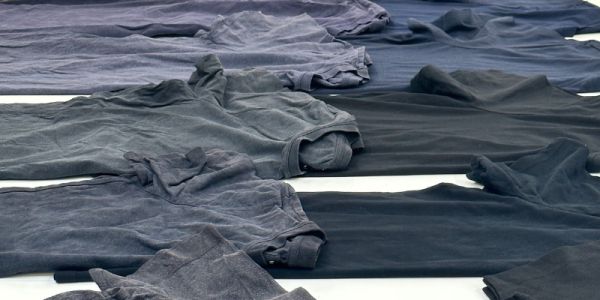
Paying more for clothes does not necessarily mean they will last longer, according to new research carried out by the School of Design.